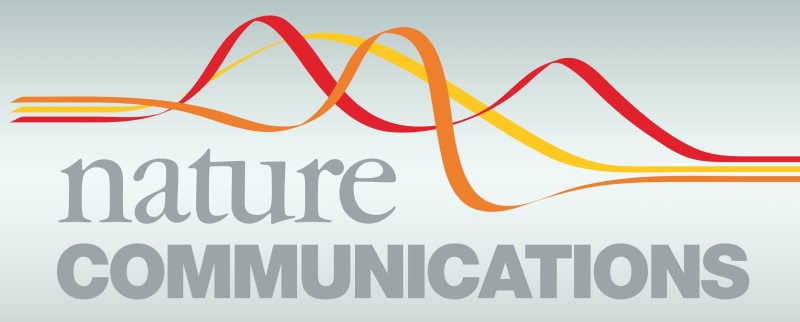
GAINESVILLE, FL – Misconceptions about the way climate and weather impact exposure and transmission of SARS-CoV-2, the virus that causes COVID-19, create false confidence and have adversely shaped risk perceptions, say a team including University of Florida researcher Dr. Sadie Ryan.
“Future scientific work on this politically-fraught topic needs a more careful approach,” write the scientists in “Misconceptions about weather and seasonality must not misguide COVID-19 response” recently published in Nature Communications.
The team, led by Dr. Colin J. Carlson, an assistant professor at Georgetown University, say current messaging on social media and elsewhere “obscures key nuances” of the science.
“Weather probably influences COVID-19 transmission, but not at a scale sufficient to outweigh the effects of lockdowns or re-openings in populations,” Carlson and his colleagues write.
Part of the problem is the global scale of the pandemic. “Going between a lab experiment and a hypothesis about global dynamics isn’t simple,” says study coauthor Dr. Sadie Ryan, a medical geographer at the University of Florida’s Emerging Pathogens Institute. Trends that resemble climate impacts, the study warns, could still turn out to be something else.
“The trickiest piece of this puzzle is human behavior,” says Dr. Shweta Bansal, a disease ecologist at Georgetown University. “Social behavior is naturally varying, and is affected by disease risk perception and disease control strategies in complex ways. We shouldn’t underestimate this complexity – and we shouldn’t drive policy based on incomplete science.”
Unfortunately, the authors suggest policy and politics have already run with an incomplete narrative – even when scientists tried to prevent that exact outcome.
“A lot of scientists have published speculative or preliminary work linking temperature or sunlight to transmission. The good ones tried to disclaimer it by saying ‘Don’t make decisions based on this,'” says Carlson. “That’s not how this pandemic works.”
The authors strongly discourage policy be tailored to current understandings of the COVID-climate link, and suggest science communicators work to translate a few key points:
- No human-settled area in the world is protected from COVID-19 transmission by virtue of weather, at any point in the year.
- Many scientists expect COVID-19 to become seasonal in the long term, conditional on a significant level of immunity, but that condition may be unmet in some regions, depending on the success of outbreak containment.
- All pharmaceutical and non-pharmaceutical interventions are currently believed to have a stronger impact on transmission over space and time than any environmental driver.
“With current scientific data, COVID-19 interventions cannot currently be planned around seasonality,” the authors conclude.
Read the full letter at Nature Communications.